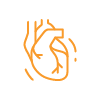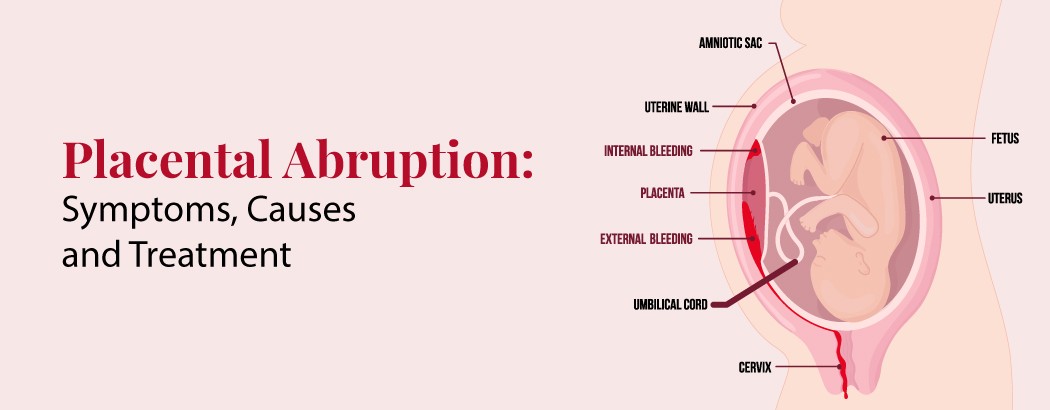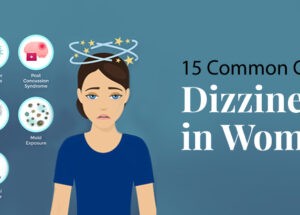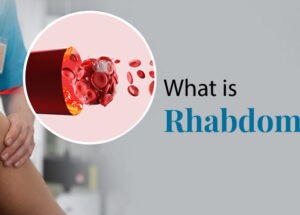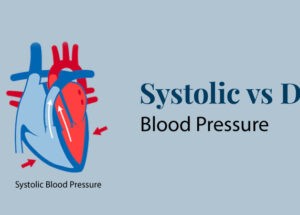What is normal BP
September 26, 2020

On nearly every consultation with a doctor your blood pressure is checked. The numbers are written on your prescription for reference, but you never give it more than a glance. Every doctor and medical literature emphasise the importance of keeping your blood pressure in check. Knowing what those numbers mean and being aware of your hypertension status is the first step towards a healthy life.
What does your blood pressure reading say?
Blood pressure readings have two numbers and are written as fractions. The top number is the systolic pressure and the bottom number the diastolic pressure. The normal and safe blood pressure is 120/80, that is 120 systolic and 80 diastolic pressure.
This will vary from time to time depending on various factors. It is generally high when you are anxious, angry, afraid or excited. Whenever you have an adrenaline rush, it is elevated. A single reading is not enough to decide if you have hypertension. If you have a consistently high reading over a period of time, then you are hypertensive and will need treatment and lifestyle changes.
What is systolic and diastolic pressure?
Your pulsebeat is the answer. It resembles waves and troughs. Each time your heart squeezes to push out blood through your aorta to your body, it creates a wave in every artery. The pressure caused by this wave is systolic pressure. The normal systolic pressure is 120.
After squeezing out blood your heart fills up with blood for the next beat and this is the trough between the waves. The heart may not be pushing blood out, but still there is a constant pressure in every vessel. This is called diastolic pressure. The normal diastolic pressure is 80.
What is the normal blood pressure range?
120/80 is the normal blood pressure. This means your heart and your vascular system are healthy. With a healthy balanced diet and an active lifestyle, you can stay healthy and reduce the risk of any cardiovascular illness.
Sometimes you may have a normal diastolic pressure of 80 and an elevated systolic pressure of over 120. This is also high blood pressure.
When will I be diagnosed as having hypertension?
A slightly elevated blood pressure is a warning. It is an immediate call for action even though it is not an immediate cause of concern. With changes in your lifestyle you can bring your blood pressure under control. However, if your blood pressure is higher, then you will require treatment based on the stage you are in.
Also Read: Home Remedies For Low BP
The stages of hypertension
| Status | Systolic mm Hg | Diastolic mm Hg | |
| Normal | Less than 120 | And | Less than 80 |
| Elevated | 120-129 | And | Less than 80 |
| High blood pressure (stage 1) | 130-139 | Or | 80-89 |
| High blood pressure (stage 2) | 140 or higher | Or | 90 or higher |
| Hypertensive emergency | Higher than 180 | And/or | Higher than 120 |
Source American Heart Association
What is the danger if I do not control my blood pressure?
The effects of uncontrolled hypertension are felt throughout your body.
- It damages your arteries, clogging them and making them less elastic. This limits blood flow.
- It can cause a weak portion of an artery to balloon out. This is called an aneurysm. A burst aneurysm can lead to death.
- It damages your heart and leads to coronary heart disease, enlarged left heart and heart failure.
- It damages your brain leading ischemic stroke and mild dementia.
- It damages your kidneys leading to kidney scarring and kidney failure
- It damages your eyes and causes retinopathy, nerve damage and fluid build-up under your retina.
- It causes sexual dysfunction
How to control my blood pressure?
If you have a family history of blood pressure, you are at higher risk of developing the condition. Have a regular medical check-up and if you are diagnosed with hypertension, follow your doctor’s advice.
Lifestyle changes that can help manage hypertension
- Limit salt intake
- Adopt a diet rich in plant and plant-based foods
- Limit fatty and sugary foods
- Shift to low fat protein including low-fat dairy products
- Avoid packaged foods
- Get a regular medical check up
- Exercise for 30 minutes nearly all days of the week
If you think you have hypertension or heart disease, feel free to call us. Consult our cardiologist to check out the health of your heart. We can help you get back to healthy life.


